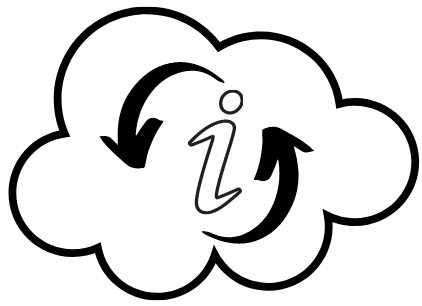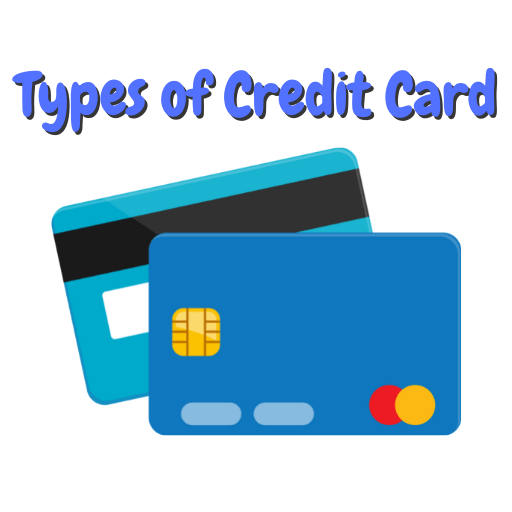Credit cards are gaining popularity worldwide. Its popularity will increase further in the future. People can easily buy anything with credit card without any hassle. In today’s article I will discuss in detail about credit card in front of you.
Table of Contents
About Credit Card
A credit card is a plastic card that allows you to borrow money from a financial institution, such as a bank, credit union, or other lending institution, up to a certain limit in order to purchase items or withdraw cash. Credit cards are often used to purchase items such as airline tickets, hotel stays, and other items that can be classified as a “luxury purchase.”
Credit cards can also be used to withdraw cash from an ATM, or Automatic Teller Machine. The interest rates on credit cards can be quite high, so it’s important to only use a credit card if you know you can pay off the balance in full each month. Otherwise, you can end up paying a lot of interest and could even damage your credit score.
If you’re looking for a credit card, it’s important to shop around and compare the different offers available. You can compare the interest rates, rewards, and other features of different cards to find the one that’s best for you. It’s also important to make sure you understand the terms and conditions of the card, including the interest rate, annual fee, and other fees that may apply.
Types of Credit Cards
There are a number of different types of credit cards available on the market, and each one has its own set of features and benefits. Some of the most common types of credit cards include the following:
Standard credit cards
These are the most common type of credit card, and they typically offer a line of credit up to a certain amount. Standard credit cards also offer a range of rewards and benefits, such as cash back, points, and travel rewards.
Secured credit cards
Secured credit cards are designed for people who have bad credit or no credit history. These cards require a security deposit, which is used to cover any charges made on the card. Secured credit cards typically have a lower limit and offer fewer rewards than standard credit cards.
Read more
Exim Bank Internet Banking Feature
Student credit cards
Student credit cards are designed for people who are just starting out in the credit world. These cards offer low limits and few rewards, but they can be a great way to build your credit history.
Balance transfer credit cards
Balance transfer credit cards allow you to transfer your current credit card balance to a new card with a lower interest rate. This can help you save money on interest payments and pay off your debt faster.
Cash back credit cards
Cash back credit cards offer a percentage of your spending back in cash, typically as a statement credit. These cards are great for people who want to earn rewards for their everyday spending.
Travel rewards credit cards
Travel rewards credit cards offer points or miles for every dollar you spend. These points can redeem for travel rewards, such as free flights or hotel stays.
Store credit cards
Store credit cards mainly designed for people for certain stores. These cards offer loyalty rewards and special discounts at the store.
Credit builder credit cards
Credit builder credit cards mainly designed to help people build their credit history. These cards typically have low limits and no rewards, but they can be a great way to start building your credit.
Read more
Walton Service Center List
Some Tips for Using Credit Cards
- Make sure you can afford to pay off your balance each month.
- Don’t charge more than you can afford to pay off.
- Avoid using your credit card for everyday expenses like food and gas.
- Keep track of your spending and make sure you’re not overspending.
- Don’t open too many credit cards at once.
- Make sure you’re aware of the interest rates and fees associated with your card.
- Be aware of your credit score and how your credit utilization ratio affects your score.
- Don’t forget to pay your credit card bill on time.
Conclusion
This is the final part of this article. I have shared the details about credit cards, types of credit cards & using tips. Hope you will understand all about it. If you have any queries regarding this please comment through the box. Don’t forget to share it with your friends & family.
Please click here to see new post. Thank you!!!
FAQ
What is a credit card?
A credit card is a plastic card that allows you to borrow money from a financial institution, such as a bank, credit union, or other lending institution, up to a certain limit in order to purchase items or withdraw cash.
What are the benefits of using a credit card?
• The ability to purchase items or withdraw cash
• Rewards, such as cash back, points, or miles
• Purchase protection, which can protect you against damage or theft of items you purchase with your card
• Extended warranty coverage, which can extend the warranty on items you purchase with your card
• Credit score monitoring, which can help you track your credit score and see how your credit utilization is impacting your score
What are the different types of credit cards?
There are a number of different types of credit cards available on the market, and each one has its own set of features and benefits. Some of the most common types of credit cards include the following:
• Standard credit cards
• Secured credit cards
• Student credit cards
• Cash back credit cards
• Travel rewards credit cards
• Store credit cards
• Credit builder credit cards
What are the risks of using a credit card?
• The potential to rack up high interest charges if you don’t pay off your balance in full each month
• The potential for damage to your credit score if you miss payments or carry a high balance
• The possibility of being charged an annual fee
• The risk of getting into debt
How do I choose a credit card?
• The interest rate
• The annual fee
• The rewards
• The type of credit card (e.g. travel, cash back, etc.)
• The issuer (e.g. Visa, Mastercard, American Express, etc.)
• The country of residence


